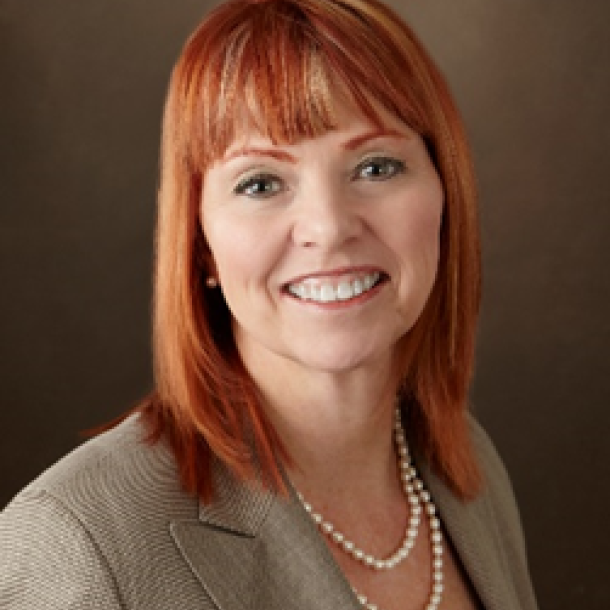County Strategies to Recruit and Retain a Strong Behavioral Health Workforce

This webinar is available on-demand. If you have trouble accessing the recording, please email nacomeetings@naco.org.
Counties are developing innovative solutions in response to behavioral health workforce shortages across the country. As qualified behavioral health workers seek employment in the private sector or different professions altogether, county providers are struggling to recruit and maintain the workforce necessary to meet the growing demand for services. Join NACo for a panel discussion of innovative solutions to behavioral health workforce challenges.
Watch Recording
Click here to access the recording in a new window.
Speakers

Jonah Cunningham

Dr. Kathleen Burke

Dr. Anita Everett
![LeoFlor1_March31[91].jpg Image of LeoFlor1_March31[91].jpg](https://www.naco.org/sites/default/files/styles/610x610/public/LeoFlor1_March31%5B91%5D.jpg?h=33c0a763&itok=sC7jN_v6)
Leo Flor
Featured Initiative
Familiar Faces Initiative
The Familiar Faces Initiative aimed to reduce incarceration and hospitalization rates for individuals frequently cycling through jails, shelters and emergency services. The program encouraged communities to share data and integrate care between health and justice systems for earlier intervention, improving outcomes for these "familiar faces."





